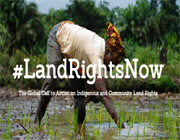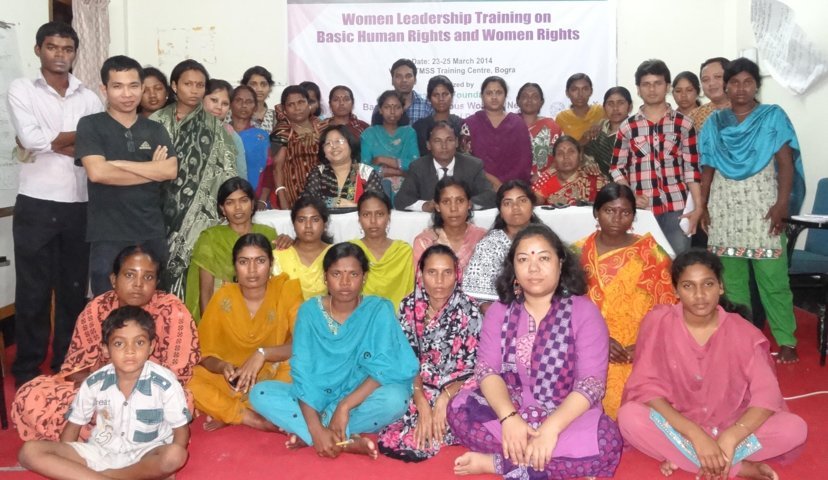
On 24-25 March 2014, Kapaeeng Foundation, Bangladesh Indigenous Women’s Network (BIWN) and Jatiya Adivasi Parishad organized a two day long “Women Leadership training on Basic Human Rights and Women Rights” at TMSS training centre in Bogra.The training was organized to build leadership skills and knowledge of indigenous women’s rights focusing on basic human rights and women rights. A total of 27 indigenous women belonging to Santal, Oraon, Munda, Mahato, Singh, Rajowar, Fulmali and Rabidas indigenous communities were participated in the training.
In the opening session of the training, Mr. Rabindranath Soren, Chairperson of Kapaeeng Foundation (KF) and President of JatiyaAdivasiParishad chaired the program, while Ms BipashaChakma, Research coordinator of KF andMsProtima Rani Rajowar, Vice Chairman, NacholUpojelaParishad, Chapainawabgonj made speeches and Mr. HiranMitraChakma, Manager of KF conducted the session.
In his speech, Mr Rabindranath Soren said, indigenous women’s (IP) are most deprived and marginalized groupsin our country. They are not only suppressed as women but also as indigenous women. Even, sometimes, they are discriminated by our own community. In plain lands, in most cases, IP Women does not enjoy the property rights, they also unable to participate in worship. He mentioned that, for ensuring equal development women have to be stepped foot first and accordingly together we can change the situation and can make equal rights for women and men.
Ms BipashaChakma discussed about the purpose of the training. She said, human rights of indigenous women are always violated. Most cases of violations, women did not get the justice. We will figure out the way from this training and we will discuss how the IP women can build up their leadership.
In her speech Ms. Protima Rani Rajowar said, indigenous women are lack behind on the position of leadership. If we can engage and participate with IP organization and politics, it is easy to build up our leadership otherwise it is difficult to us.
The two days long training has been organized only with women participants of North Bengal. A number of issues were discussed in the training, including Basic understanding of Human Rights issues (UDHR, ICCPR, ICESCR), UNDRIP, Gender issue, Women rights, Documentation of human rights situation andBasic advocacy. Different sessions of the training were conducted by Ms BipashaChakma, Mr BabluChakma, Mr HiranMitraChakma and Advocate Babul Rabidash while Ms Falguni Tripura and Mr Manik Soren assisted them.
During the training, in different sessions and discussions, participants shared their experiences of life and livelihood. Like other parts of the country, land is a vital problem in North Bengal. Around 80% IP’s are landless in North Bengal. Participants urge that, if they had the ownership of property over land, the figure of landless may be less than the present day. In many cases, women are attacked by Bengali land grabbers for the cause of land disputes. Nearly 200 IP families migrated to India due to insecure life, violation and the cause of disputes over land.
Hirabotti Ekka, a participant of this training, mentioned that, indigenous women of North Bengal are facing wage discrimination and deprived from education and health care. Moreover, women remain excluded or partially consulted while making any family decision. Therefore, alongside mainstream people, IP women’s are also discriminated in their own community.
According to the evaluation and recommendations of the participants, the training gave them an important space to share experiences and strengthen their knowledge on women rights and Human rights. Finally, the participants made an action plan for three months through which they can engage with each other.
In the concluding session, Ms Basanti Murmu, Joint convenor of Bangladesh Indigenous Women’s Network and Chairperson of AdivasiNari O Shishu Kallyan Sangstha (ANSKS) chaired the session while Advocate Babul Rabidash delivered his speeches and expected the training would help to all participants to raise their voices and promote and protect their rights in future.



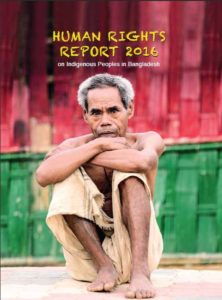
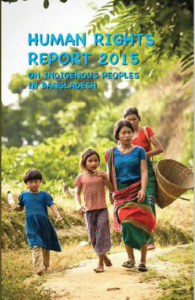
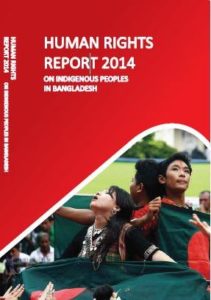
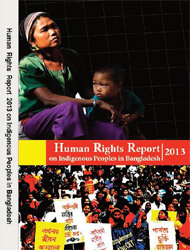
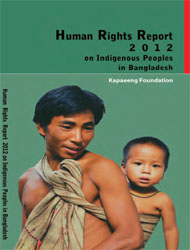
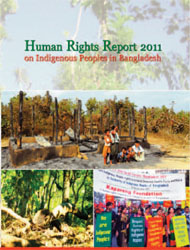
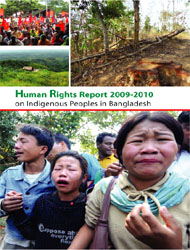

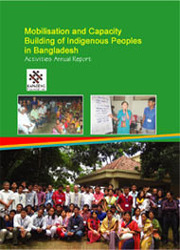



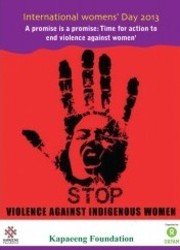
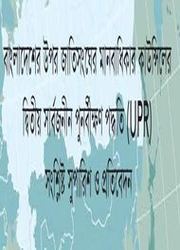
 April 2nd, 2014
April 2nd, 2014  KapaeengUser
KapaeengUser 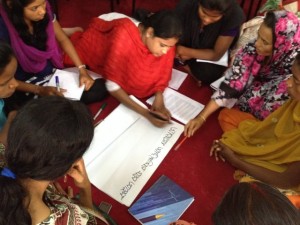
 Posted in
Posted in 